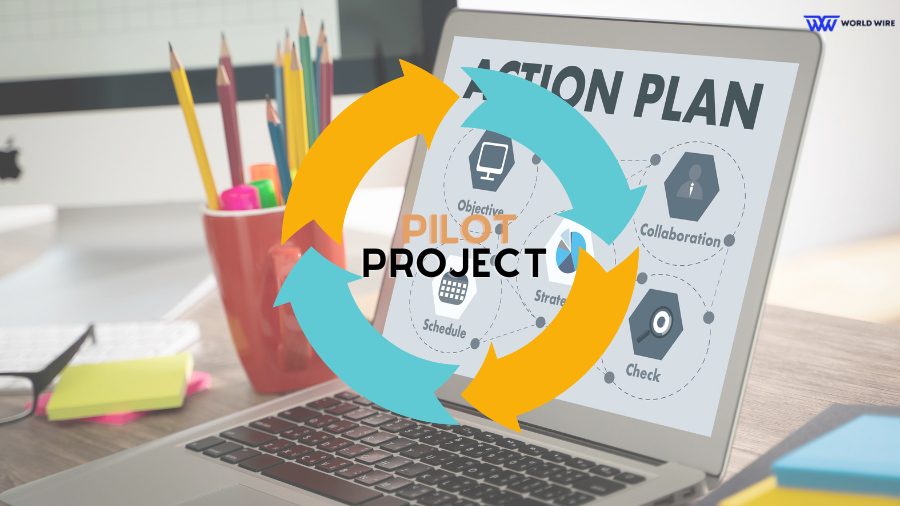Pilot projects are intended to assess existing implementation tactics and determine whether the new concept is worth pursuing.
Let’s read the news and find out more.
Tech Leaders Offer Insights on Avoiding Pilot Project Pitfalls
The evolution of smart cities now includes pilot projects as a standard feature, and it is also considered an important factor in Urban technology rollouts.
As it covers a wide range of topics, including broadband, city service delivery, and transportation.
During a panel discussion held recently at the Smart Cities Connect Conference and Expo in National Harbour, Maryland, there were some general topics that city technology leaders wished to raise, and they shared some of their personal tips for averting disaster.
The tips were provided on how to scale the technology for wider use before initiating a smart city pilot and before implementing any technology solution, as well as how the project planners should be fully aware of the community’s needs.
It was also suggested that the project planners draft thoughtful questions the pilot must answer.
Dan Hoffman, the city manager of Winchester, Virginia, who was previously the assistant city manager of Gainesville, Florida, recounted the city’s involvement in a pilot project for the autonomous shuttle.

During the panel discussion, Hoffman stated the experience of the AV pilot and how it was taken on with the understanding that “it’s probably never going to go into production fully. So what exactly do we need to learn from this pilot to make sure that we make the best use of this grant that we got from the state?”
He added, “We had a list of questions that we wanted to answer about it. Our purpose was not to take this little toaster-looking autonomous bus and put it into production. We knew that was going to be much further down the line,”
He continued, “It doesn’t all have to work, but know the questions you are going to ask.”
Carol Boland Whattham, the project manager for microgrids and sustainability in San Jose, California, laid out his opinion on how he perceives Pilots as “that first step. ”
Whattham stated, “There’s always a ‘pilot’ phase. And I really like the idea of thinking of it as not a pilot but as a Phase I. You have to start somewhere,”
Jokingly, he added, “Getting out of pilot purgatory has become my specialty.”
Harry Meier, deputy CIO for innovation in Mesa, Arizona, advised taking scalability into account as soon as possible if the pilot is intended to be a bigger deployment and cited free public WiFi as an example.
Meier stated, “Look at that scalability upfront when you’re in initial conversations of building that out. Do those fast failures and pivots in the design phase,”
According to Chief Information Officer Kimberly LaGrue of New Orleans, the city intends to start several new pilot projects in 2024.
LaGrue stated, “The city is developing new working groups to assess what’s most relevant, and pilots will be community efforts,” She added, “And we think that’s the way we’re going to grow a community of support,”
The projects will be evaluated to determine which one is essential to the working groups, which will evaluate the pilots’ success and the projects’ potential future deployment. According to LaGrue, even a pilot project’s success benefits the city and maintains and strengthens ties with partners in the private sector.







Add Comment